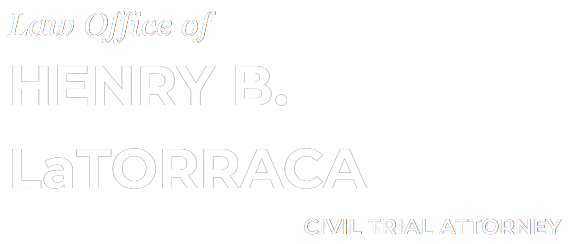- Employment Law
There are some obvious benefits to retaining true independent contractors as opposed to hiring employees. You do not have to withhold taxes, withhold and match Social Security and Medicare taxes, pay State Disability Insurance, State Unemployment taxes or federal payroll taxes from persons who are truly independent contractors.
You also don’t have to provide workers compensation coverage for such persons. And, you don’t owe minimum hourly wages or overtime wages or unemployment benefits. Further, in most cases (there are exceptions), you are not legally liable for the torts (civil wrongs) committed by them while performing work at your business.
However, the mere fact that you have a written agreement which classifies a worker as an independent contractor and the fact that you give that person a 1099 form rather than a W-2 form for the year is not determinative. Toyota Motor Sales v. Superior Court (1990) 220 Cal.App.3d 864, 877.
There are several factors applied by governmental agencies and the courts in determining whether your so-called “independent contractors” are, in fact, employees and the consequences of that determination can be significant to you in the form of payment of back wages, interest, penalties and potential unforeseen liability to third persons.
In California, the most important factor in determining if the worker is in fact an employee is whether you reserve the right to control the work done and manner in which the person performs the work, regardless of whether you in fact exercise that right. S. G. Borello & Sons, Inc. v. Department of Industrial Relations (1989) 48 Cal.3d 341.
Even where there is an absence of control over the manner in which the work is performed, California courts have found an employment relationship when (1) you retain complete control over the entire operation; (2) the worker’s duties are an integral part of the entire operation; and (3) the nature of the work makes control over the manner in which the work is performed unnecessary. Yellow Cab Cooperative v. Workers Compensation Appeals Board (1990) 226 Cal.App.3d 1288.
California’s Department of Industrial Relations lists other factors which may be considered as follows:
- Whether the person performing services is engaged in an occupation or business distinct from that of the principal;
- Whether or not the work is a part of the regular business of the principal or alleged employer;
- Whether the principal or the worker supplies the instrumentalities, tools, and the place for the person doing the work;
- The alleged employee’s investment in the equipment or materials required by his or her task or his or her employment of helpers;
- Whether the service rendered requires a special skill;
- The kind of occupation, with reference to whether, in the locality, the work is usually done under the direction of the principal or by a specialist without supervision;
- The alleged employee’s opportunity for profit or loss depending on his or her managerial skill;
- The length of time for which the services are to be performed;
- The degree of permanence of the working relationship;
- The method of payment, whether by time or by the job; and
- Whether or not the parties believe they are creating an employer-employee relationship may have some bearing on the question, but is not determinative since this is a question of law based on objective tests.
In California, Labor Code section 3357 creates a rebuttable presumption that the person is an employee, as opposed to an independent contractor, so the burden is on you to show that the person is not an employee.
So, as you can see, attempting to classify workers as “independent contractors” when one or more of the above factors are present, particularly when you reserve the right to control the manner in which the work is done, is a mine field you really don’t want to cross.
The foregoing is obviously a general discussion of California law and it is not for the purpose of providing legal advice to be applied to a specific matter. If you have a specific situation, you need to consult a qualified attorney who handles employment law in your state.
Henry B. LaTorraca





